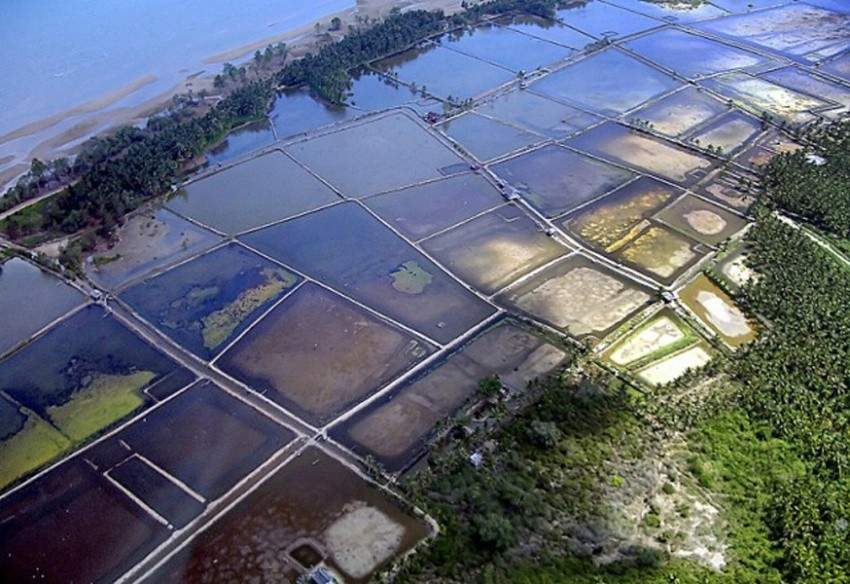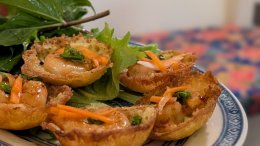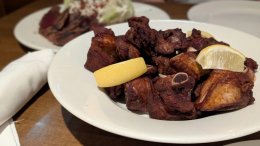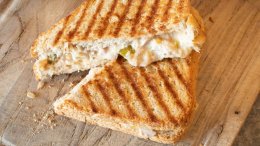It’s one of the most popular seafood items in North America, whether they’re farmed or wild, imported or local.
However, the degree of sustainability vary widely between the kinds of shrimp you are eating.
“Sustainability affects everyone and education is crucial. We try and make it simple for consumers to recognize. If you see that fish head symbol, you are choosing Ocean Wise,” says Claire Li Loong with Ocean Wise.
Ocean Wise has been spearheading the sustainable seafood movement since 2005. It started in Vancouver with 16 partners and has grown across the country with more than 680 partners. Its recommendations are generated from assessments using the Monterey Bay Aquarium’s Seafood Watch program.
Shrimp that are not under Ocean Wise recommendations, like ones that are farmed, can have harmful environmental impacts and species contamination.
A much better option, spot prawns used to be exported overseas, but local fisherman starting selling them to chefs and they have become extremely popular over the past few years.
Ocean Wise executive chef Ned Bell explains, “When I have access to wild local shrimp in season [season kicks off in May in B.C.], I think of it as a gift. Chefs have a unique opportunity and responsibility to know where their food comes from and spread that education.”
Species of wild Ocean Wise shrimp on the West Coast besides spot prawns include humpback shrimp, northern shrimp, sidestripe shrimp and pink shrimp.
“The other great option would be inland shrimp farms, such as Planet Shrimp in Ontario,” adds Li Loong. “They are an Ocean Wise partner and are carefully raised and harvested in closed containment. This means the water is re-circulated, and the shrimp are living in optimal conditions with no chemicals and contamination.”

Some types of shrimp consumers might want to avoid are ones from traditional ponds in Asia and wild Argentinian shrimp. These shrimp are caught by industrial trawlers that are dragged across the ocean floor, which damages ocean habitats and picks up bycatch species, some of which may be endangered.
“If you visit a seafood vendor or grocery store and you don’t see the Ocean Wise symbol, you can always ask them what sort of sustainable options they have. The more people are aware the more demand there will be,” says Li Loong.
Ocean Wise continues to share their message to help people make sustainable seafood choices that ensure the health of our oceans for generations to come.
“Without a healthy ocean, we don't have healthy people,” says Bell.













